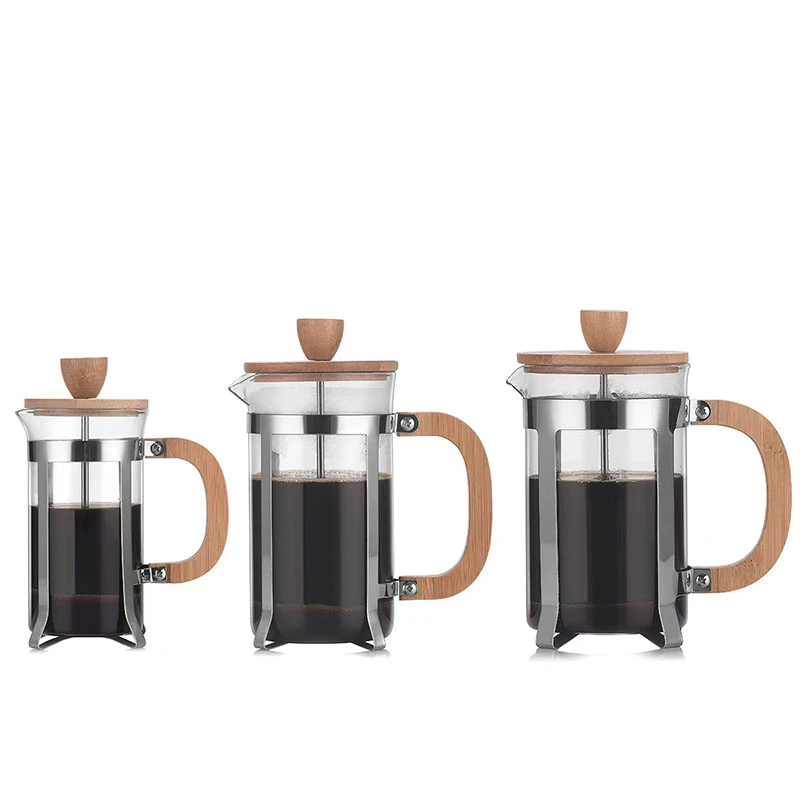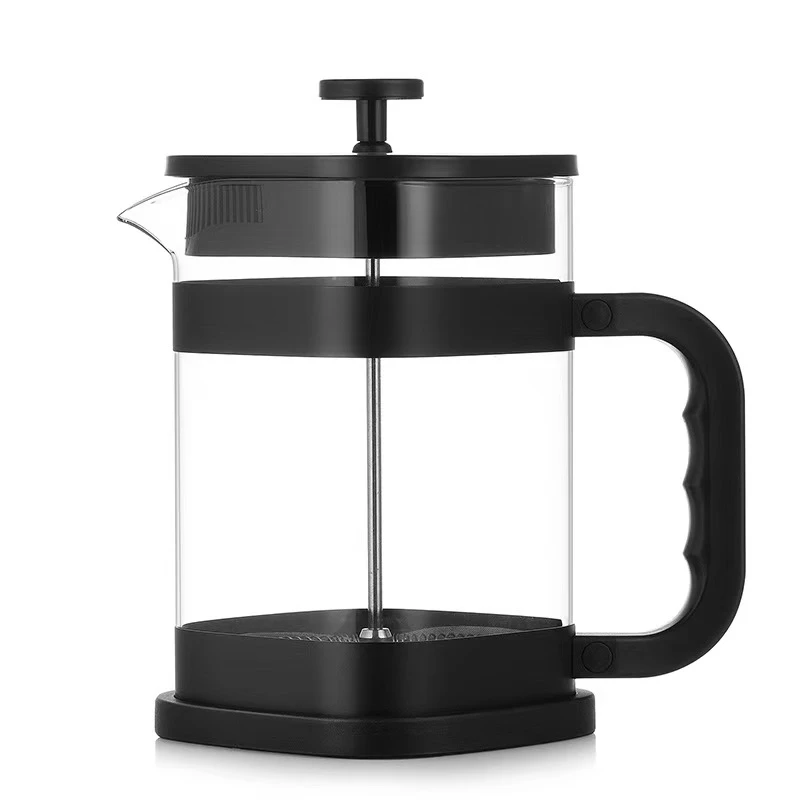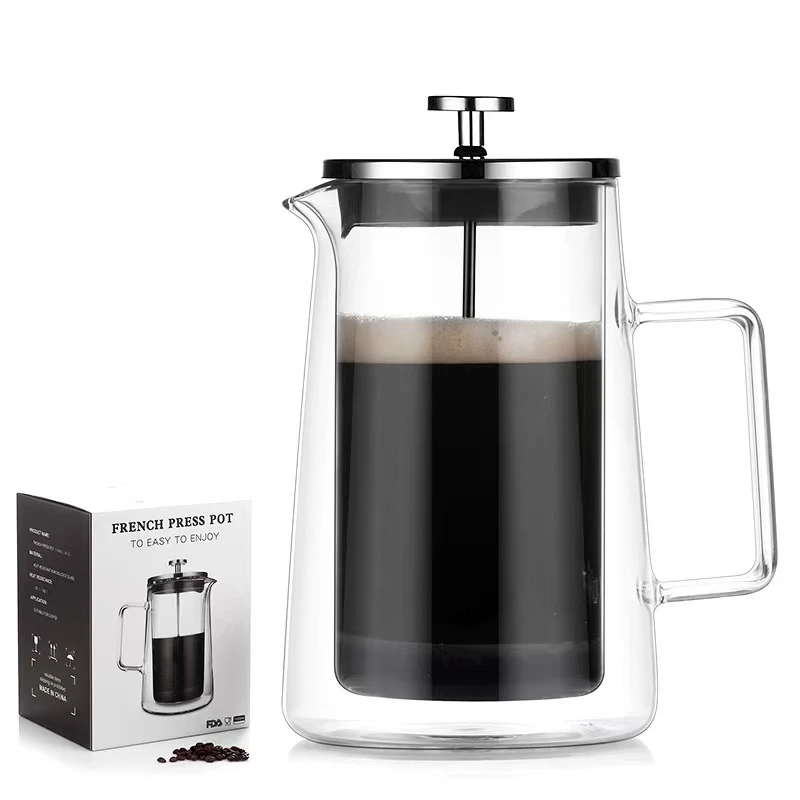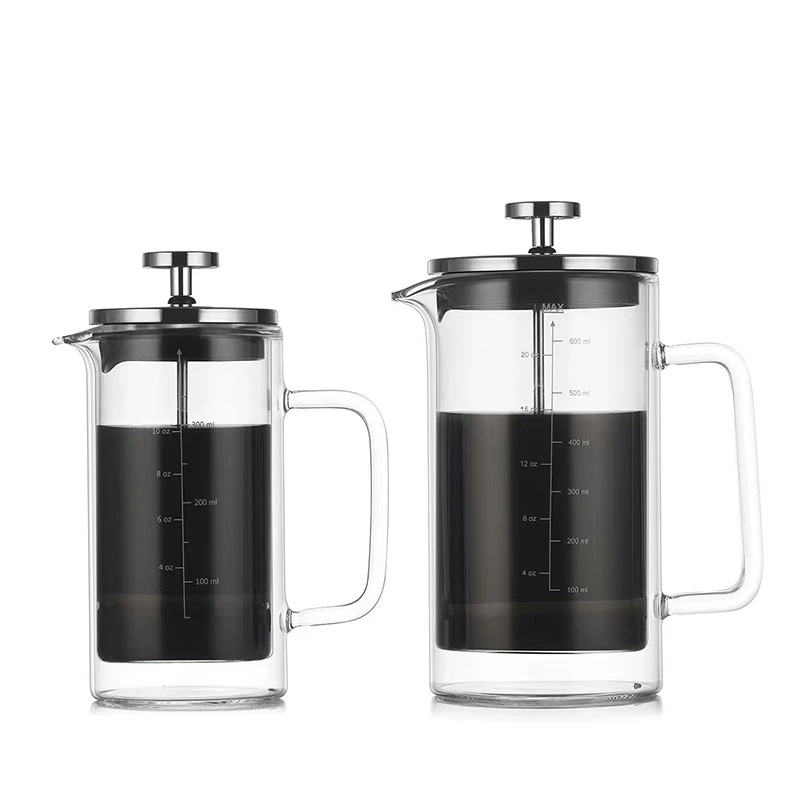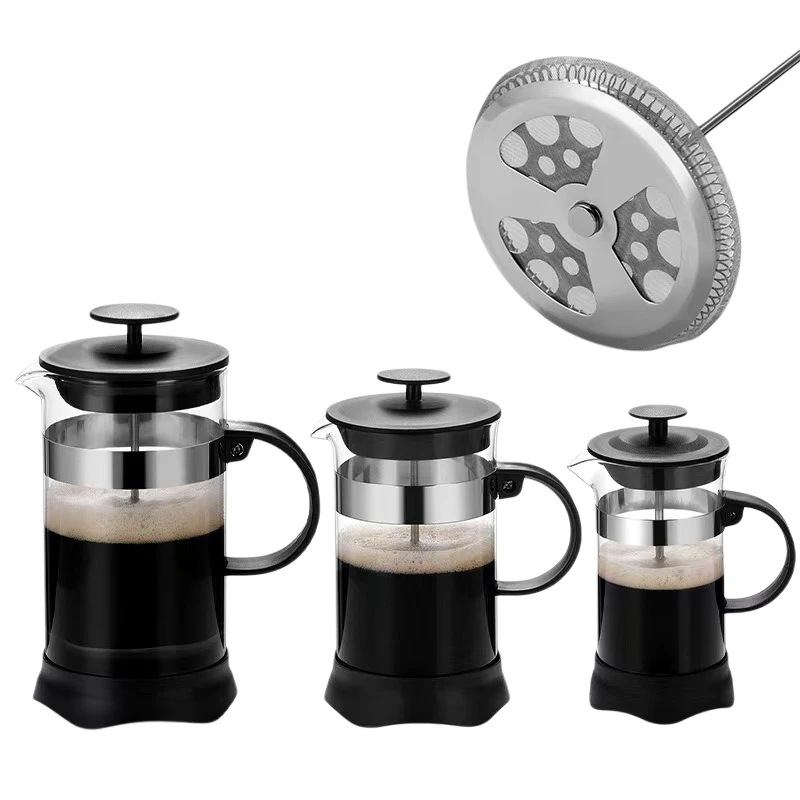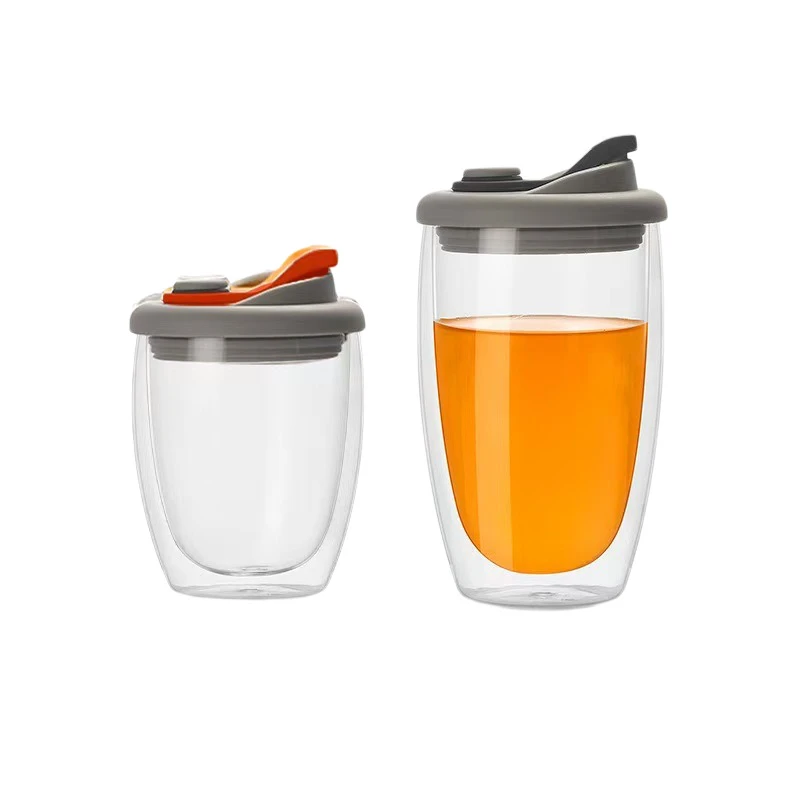 TEL: +86 311 67799298
TEL: +86 311 67799298 Email: tina@yintoglassware.com
Email: tina@yintoglassware.com
Clear Storage Container for Fresh Food and Easy Organization
The Glass Food Box A Sustainable Revolution in Food Storage
In an age where sustainability is becoming increasingly vital, the concept of food storage is undergoing significant transformation. Among the myriad options available, the glass food box has emerged as a popular and environmentally friendly alternative. This article explores the advantages of glass food boxes, their impact on health, the environment, and their role in modern kitchens.
The rise of food storage solutions made from glass can be attributed to several factors. First and foremost is their durability. Glass food boxes are made from tempered glass, which is designed to withstand fluctuations in temperature. Unlike plastic containers, which can warp or degrade over time, glass containers can last for years, even decades, when properly cared for. This longevity makes them a smart investment, reducing the need for frequent replacements and ultimately lessening waste.
One of the standout features of glass food boxes is their safety. Many plastic containers contain harmful chemicals, such as bisphenol A (BPA), which can leach into food, especially when heated. Glass, on the other hand, is inert and non-toxic, providing a safe option for storing food. People are increasingly concerned about their health and the quality of the food they consume, making glass an appealing choice for those looking for safer storage solutions. Whether storing leftovers, meal prepping, or packing lunches, glass containers offer peace of mind.
Furthermore, glass food boxes are versatile. They are often available in various sizes and shapes, accommodating everything from small snacks to large casseroles. Many glass containers come with airtight lids that create a tight seal, keeping food fresh for longer and preventing spills. The transparency of glass also allows users to easily see the contents, making meal planning more efficient. Additionally, most glass containers are microwave, oven, and dishwasher safe, providing convenience in food preparation and clean-up.
glass food box
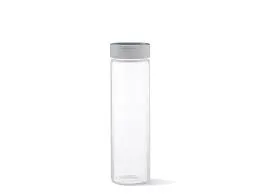
In terms of aesthetics, glass food boxes offer a sleek and modern look that can enhance kitchen organization. Unlike plastic, which can fade or discolor over time, glass maintains its clarity and shine. This makes glass containers not only practical but also visually appealing, allowing them to double as serving dishes if needed. Their elegant design encourages users to keep their kitchens tidy and organized, promoting a healthy approach to food storage.
From an environmental perspective, the adoption of glass food boxes is a step towards reducing plastic waste. The world is grappling with a plastic pollution crisis, with millions of tons of plastic entering landfills and oceans every year. By opting for glass, consumers can contribute to a more sustainable future. Glass is 100% recyclable without any loss in quality, meaning once a glass container has reached the end of its life, it can be repurposed into new glass products. This closed-loop cycle is essential for minimizing the ecological footprint associated with food storage.
Moreover, glass food boxes can inspire creativity in the kitchen. Their versatility encourages home cooks to prepare meals in advance and experiment with new recipes. Meal prep not only promotes healthier eating habits, but it also reduces food waste by ensuring that leftover ingredients are put to good use. By making it easier to store and organize meals, glass food boxes can foster a more sustainable approach to cooking.
In conclusion, glass food boxes represent a significant improvement in food storage solutions, balancing practicality, safety, and sustainability. As people become more conscious of their impact on the environment and their health, the demand for glass containers is likely to continue to rise. Embracing the use of glass food boxes is not just a choice for better food storage; it is a commitment to a healthier lifestyle and a more sustainable future. With their myriad benefits, glass food boxes are undoubtedly a wise choice for anyone looking to enhance their food storage solutions while contributing positively to the planet.
-
Unparalleled Convenience by High Borosilicate Glass Bottle with a Cork LidNewsJul.17,2025
-
The Versatility and Convenience of Glass Salad Bowl SetsNewsJul.17,2025
-
The Practical Wide Application of High Borosilicate Glass Food Storage ContainerNewsJul.17,2025
-
High Borosilicate Colored Glass Bowl VS Soda-Lime Glass and Tempered GlassNewsJul.17,2025
-
Creativity with Customized Colored Glass Dinnerware Sets for SaleNewsJul.17,2025
-
Advantages Analysis of Double Wall French PressNewsJul.17,2025



